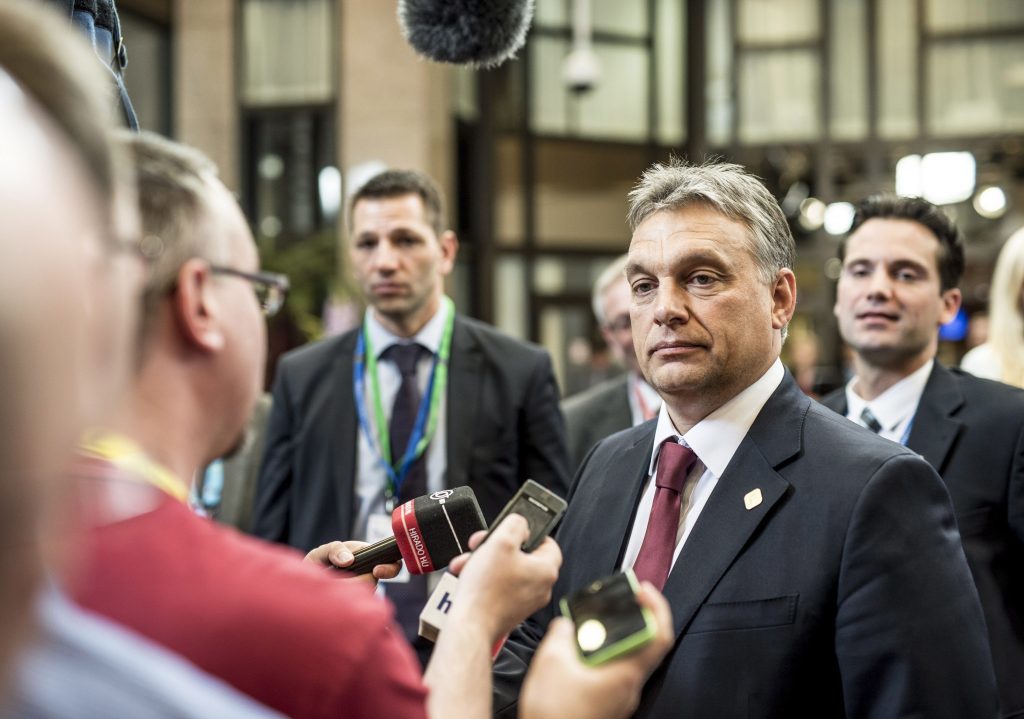
The European Union has given Hungary the green light to build two nuclear reactors with Russian help after Budapest made commitments to safeguard competition in the energy sector.
The Hungarian deal for Russia to build the two additional reactors at the Paks nuclear plant, which had been agreed three years ago, had been held up because of the EU’s regulatory scrutiny.
The EU wanted to check whether Hungarian state aid for the project would hurt competition.
“The Hungarian government has made substantial commitments, which has allowed the Commission to approve the investment under EU state aid rules,” EU Antitrust Commissioner Margrethe Vestager said.
Prime minister Viktor Orban has said he hopes to start construction soon.
The expansion of Hungary’s nuclear power plant will be financed mostly with a loan from Russia of 10 billion euro (£8.1 billion) and carried out by Russia’s Rosatom.
Mr Orban’s government said a failure to replace the four Soviet-built reactors at the Paks plant would increase Hungary’s dependence on Russian natural gas to generate electricity.
Environmental activists opposed to the project say it is too expensive, and binds Hungary’s energy sector to Russia. They added that its huge cost means Hungary will not invest enough in sustainable energy sources.
Mr Orban and Mr Putin announced the deal in January 2014.
As part of its commitments to the EU Commission, Hungary will have to make sure that profits cannot be used to reinvest in additional generator capacity and sell at least 30% of its output on the open power exchange.
The running of the new operations must also be separate from that of the existing Paks nuclear plants.
“The European Commission’s decision is about Hungary realizing the investment, securing cheap electricity for households while also providing sufficient return to cover the costs of the loan,” Janos Lazar, Orban’s chief of staff, said in parliament.
“Since Hungary is not a corporation, it does not need extra profits. On the other hand, we all need cheap electricity.”
Opposition parties expressed their dismay.
“In our opinion, this investment is outdated, increases out nation’s vulnerability to Russia and puts Hungarian families into debt for decades,” said the Democratic Coalition, led by former prime minister Ferenc Gyurcsany.
Energiaklub, an institute specialising in energy and climate issues, said the EU decision was an admission that the Paks project was “unviable” for private investors and will likely demand large subsidies from taxpayers.
Energiaklub expert Zsuzsanna Kolitar said it was possible that countries like Austria will file lawsuits against Hungary at the European Court of Justice because of the subsidies.
The green Politics Can Be Different Party, meanwhile, is trying to call a referendum in the hope of stopping the nuclear plant expansion.
Recommended for you
